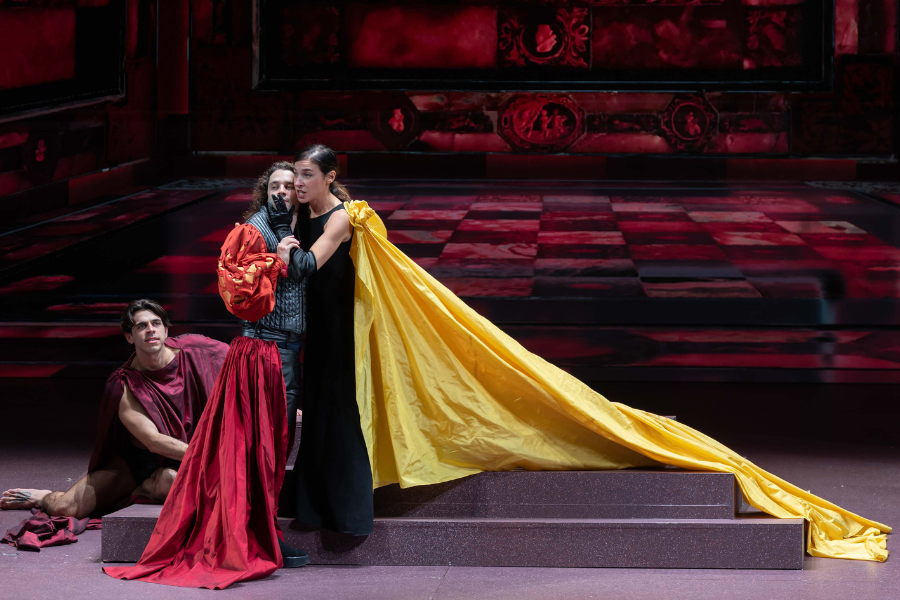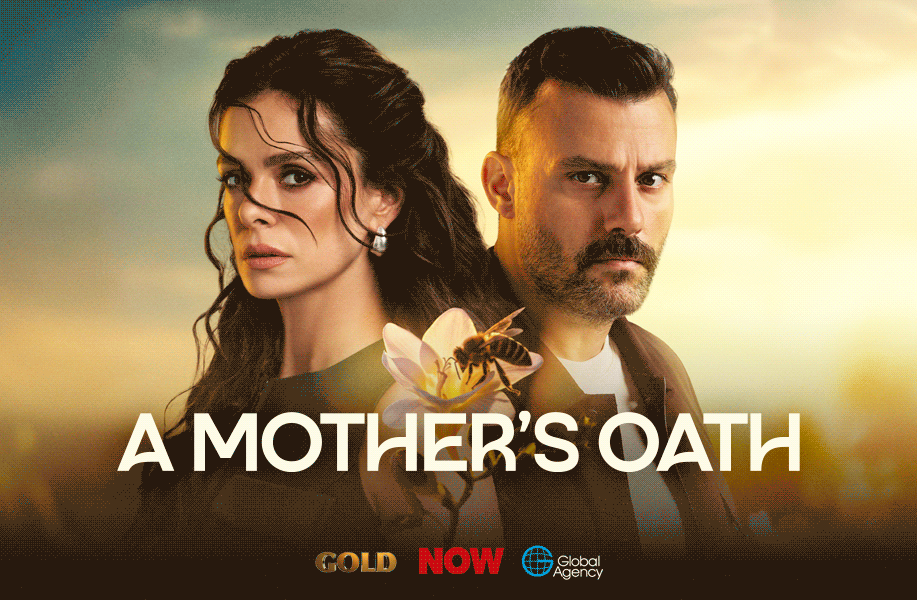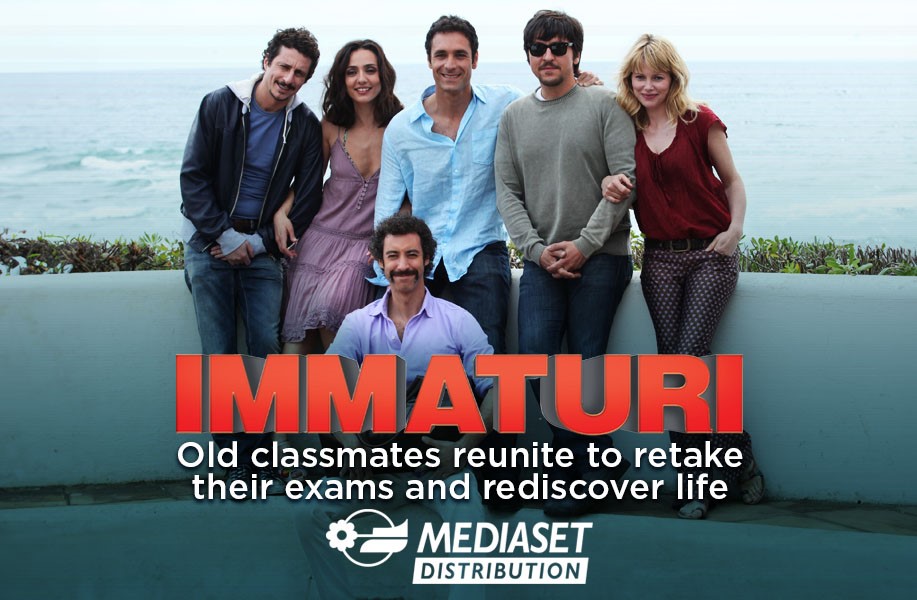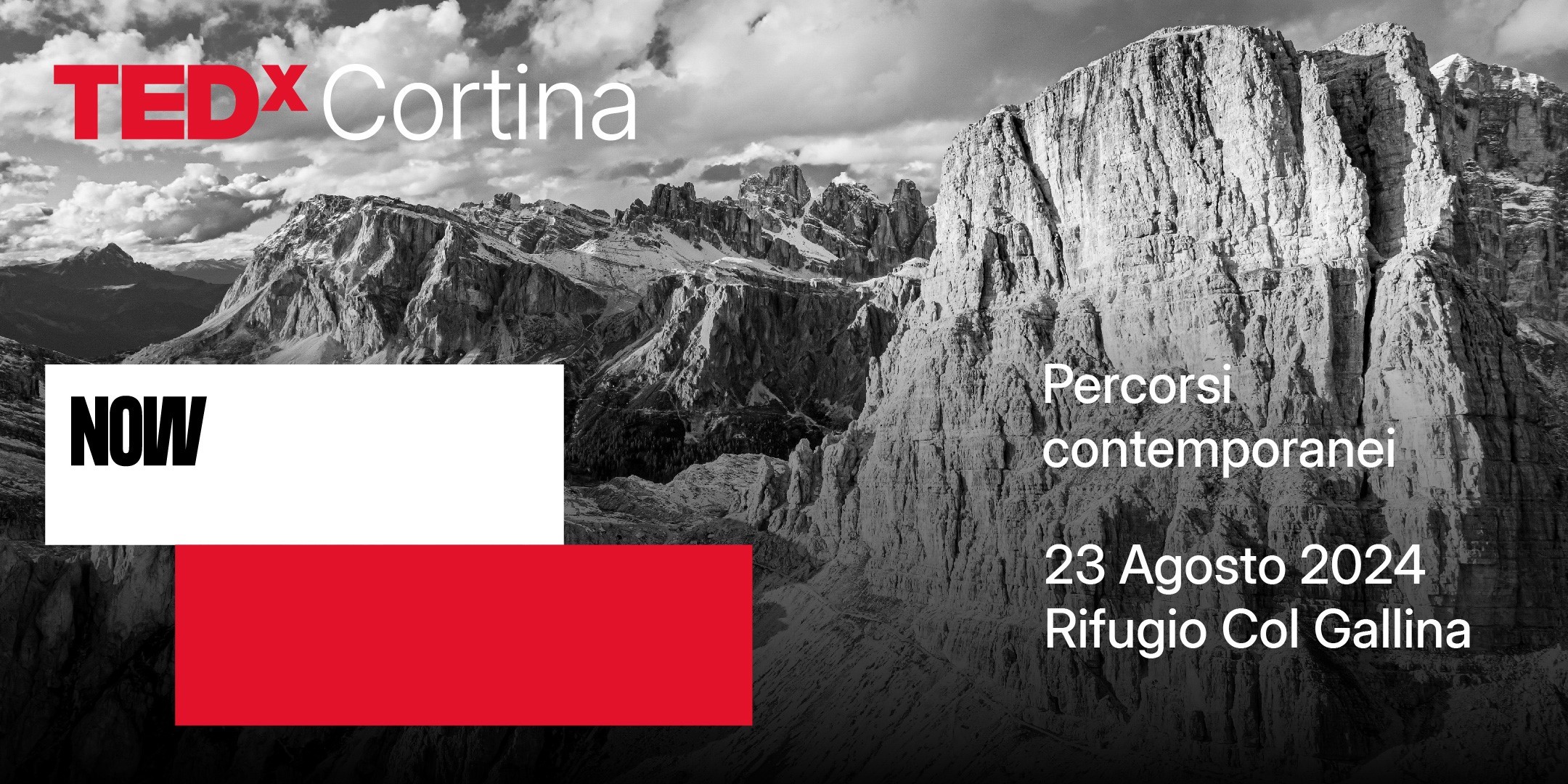The Trilogia d’Autunno (Autumn Trilogy), one of the Ravenna Festival’s most distinctive and anticipated events, returns to Teatro Alighieri from November 12 to 16 with an edition entirely dedicated to George Frideric Händel. Under the evocative title L’invisibil fa vedere Amore (“The Invisible Makes Love Visible”), the Trilogy presents three masterpieces by the Baroque composer — Orlando, Alcina and Messiah — performed on consecutive days in a rare theatrical and musical experience.
Since its inception in 2012, the Autumn Trilogy has been the Festival’s signature exploration of musical theatre across eras and styles, characterized by its innovative staging concept: three productions alternating seamlessly on the same stage, supported by an agile technical team and the creative direction of some of Italy’s most visionary artists.
This year, two new operatic productions, Orlando (November 12 and 14, 8 p.m.) and Alcina (November 13 and 15, 8 p.m.), are directed and designed by Pier Luigi Pizzi and conducted by Ottavio Dantone, leading Accademia Bizantina. The Trilogy culminates on November 16 at 5 p.m. with Händel’s monumental Messiah, featuring Accademia Bizantina and the Cathedral Choir of Siena “Guido Chigi Saracini”, prepared by Lorenzo Donati.
Love, Madness, and Magic: Händel’s Dramatic Vision
“Quel che l’uom vede, Amor gli fa invisibile, e l’invisibil fa vedere Amore” — “What man sees, Love makes invisible, and the invisible makes Love visible.” This poetic verse encapsulates the theme uniting the Trilogy: love and illusion, courage and madness — the very forces that drive the heroes of Ludovico Ariosto’s Orlando Furioso, which inspired Händel’s Orlando and Alcina.Through their emotional turmoil, these characters transcend human fragility and reach toward the ideal — a world shaped by love and imagination. Nearly three centuries after their creation, Händel’s works still speak to the complexities of human desire and transformation, while Messiah continues to offer a message of hope that resonates far beyond its time.
Orlando: The Paladin’s Passion and Madness
Premiered in 1733 at London’s King’s Theatre, Orlando is one of Händel’s most daring operas — a work of extraordinary freedom and expressive intensity. Forgotten for almost two centuries before its revival in 1922, it stands today as a milestone in the composer’s exploration of the human psyche through music.
Filippo Mineccia stars as the tormented paladin Orlando, hopelessly in love with Angelica (Francesca Pia Vitale), who loves the young Saracen Medoro (Elmar Hauser). Martina Licari portrays the shepherdess Dorinda, who is also enamored of Medoro, while Christian Senn embodies the magician Zoroastro, whose wisdom restores Orlando’s sanity.
Alcina: Enchantment and Transformation
Composed two years later, in 1735, Alcina marks Händel’s collaboration with the newly opened Covent Garden Theatre. The opera tells of the knight Ruggiero (Elmar Hauser), who lands on the enchanted island of the sorceress Alcina (Giuseppina Bridelli), where illusion reigns supreme. Beneath the surface of sensual beauty and magical deception, the opera reveals a poignant meditation on love, loss, and identity.
Delphine Galou performs as Bradamante, Ruggiero’s betrothed, who arrives on the island disguised as her brother Ricciardo, accompanied by Melisso (Christian Senn). Martina Licari returns as Morgana, Alcina’s sister, and Žiga Čopi completes the cast as Oronte, commander of the island’s guards.
Messiah: A Universal Message of Hope
The Trilogy concludes with one of the most celebrated sacred works in music history. Composed in 1741 and first performed in Dublin in 1742, Messiah fuses the spiritual traditions of Lutheran passion, Italian oratorio, and English anthem into a transcendent musical mosaic. As musicologist Alberto Basso observed, it is a work that “escaped from its creator’s hands to enter legend and myth.” Under the baton of Ottavio Dantone, Messiah will feature soloists Alysia Hanshaw, Delphine Galou, Žiga Čopi, and Christian Senn, alongside Accademia Bizantina and the Cathedral Choir of Siena. The performance promises to close the Trilogy with both spiritual grandeur and intimate emotion — a fitting finale to Ravenna’s annual celebration of the art of music and theatre.
For information and ticket reservations: festival











